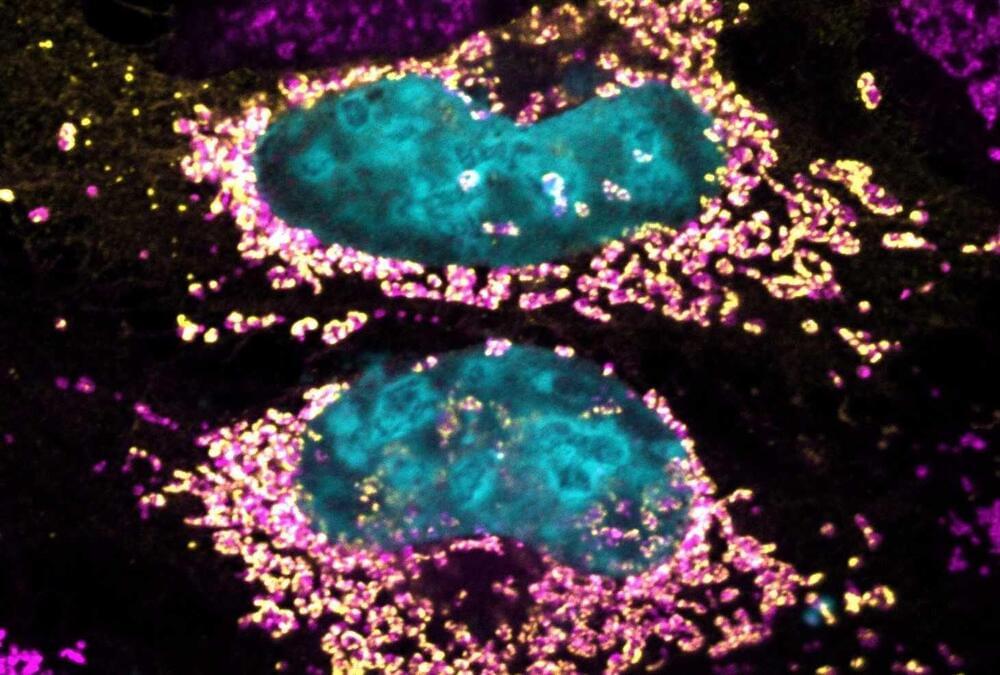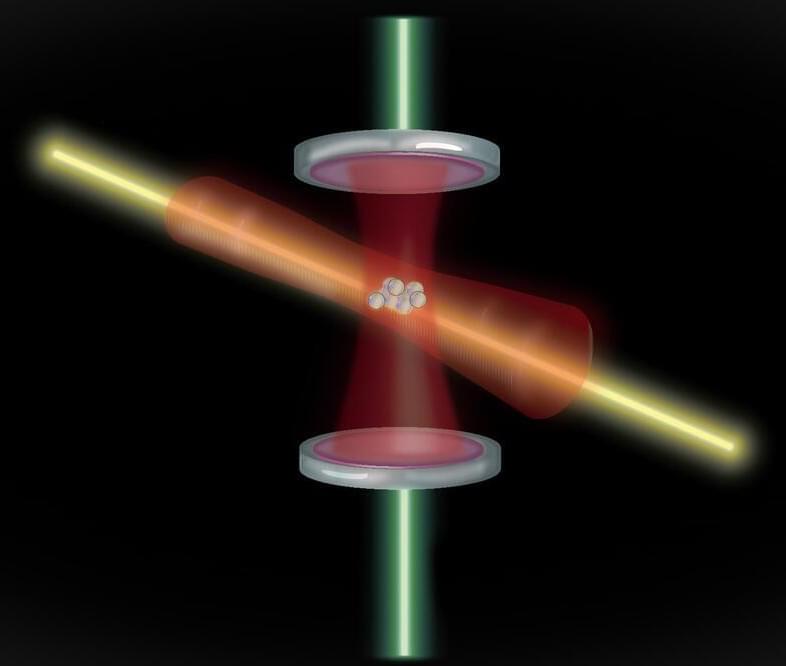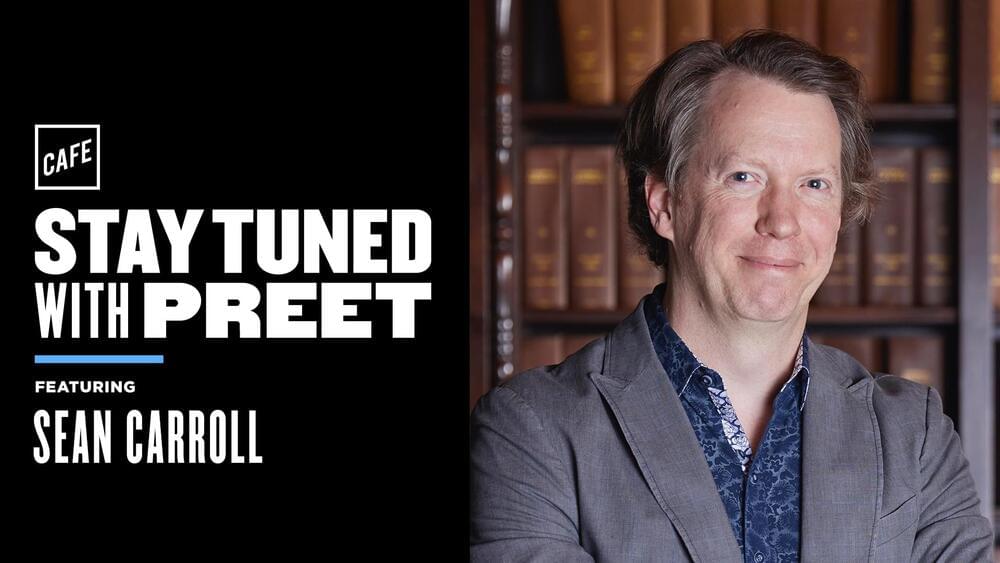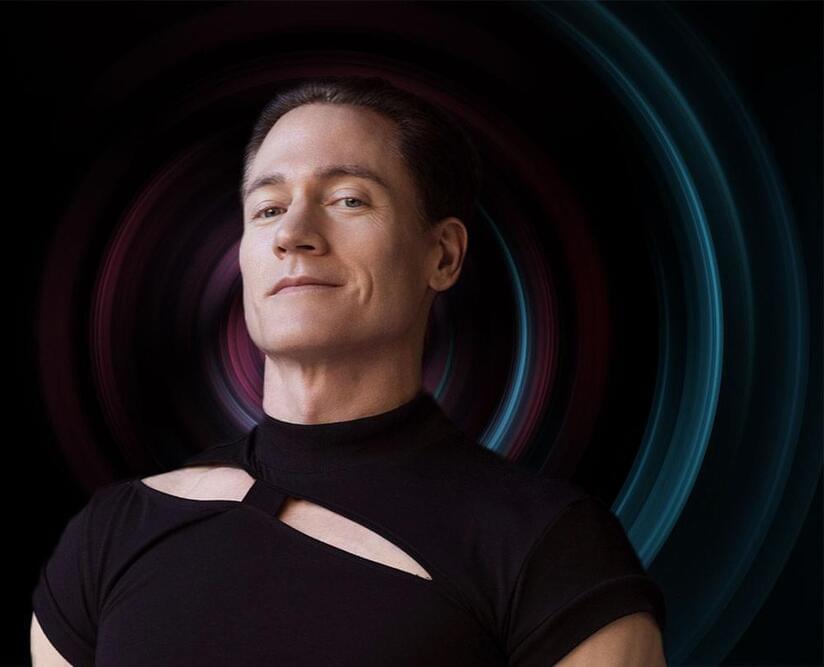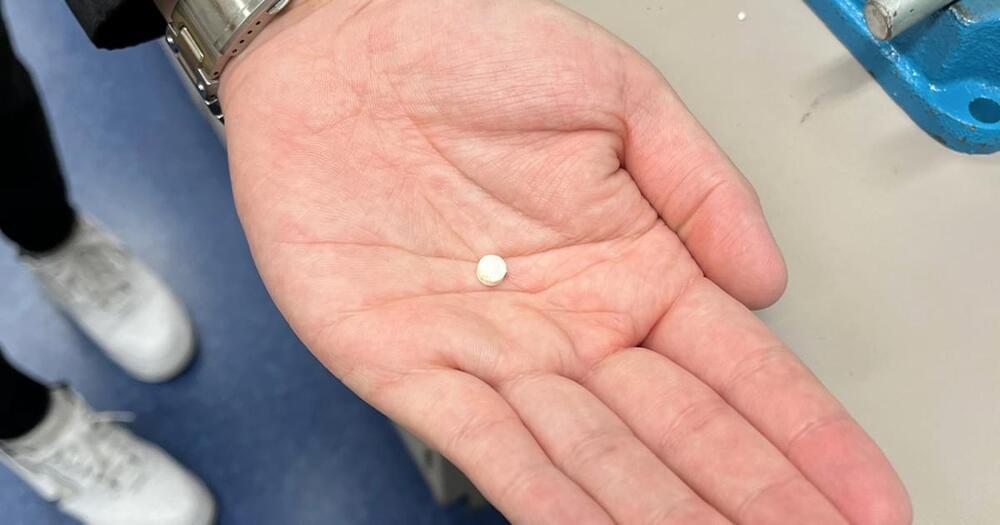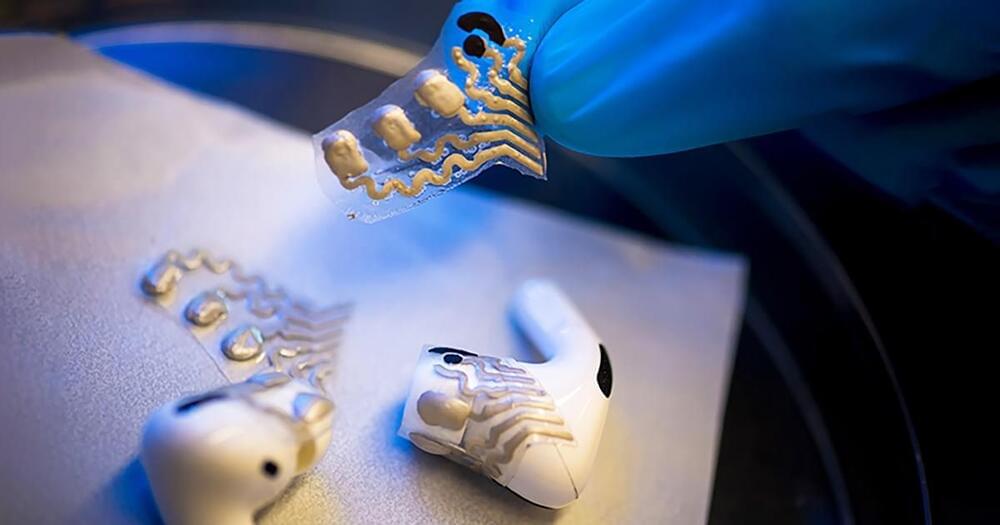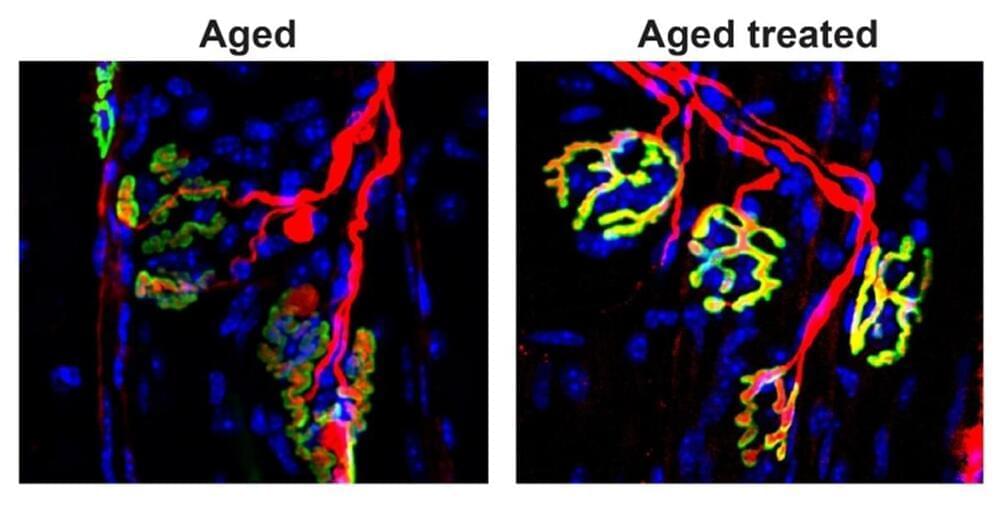Nov 10, 2023
Study reveals bacterial protein capable of keeping human cells healthy
Posted by Paul Battista in categories: biotech/medical, chemistry, life extension
Researchers at the University of São Paulo (USP) in Brazil, partnering with colleagues in Australia, have identified a novel bacterial protein that can keep human cells healthy even when the cells have a heavy bacterial burden. The discovery could lead to new treatments for a wide array of diseases relating to mitochondrial dysfunction, such as cancer and auto-immune disorders. Mitochondria are organelles that supply most of the chemical energy needed to power cells’ biochemical reactions.
The study is published in the journal PNAS. The researchers analyzed more than 130 proteins released by Coxiella burnetii when this bacterium invades host cells, and found at least one to be capable of prolonging cell longevity by acting directly on mitochondria.
After invading host cells, C. burnetii releases a hitherto unknown protein, which the authors call mitochondrial coxiella effector F (MceF). MceF interacts with glutathione peroxidase 4 (GPX4), an anti-oxidant enzyme located in the mitochondria, to improve mitochondrial function by promoting an anti-oxidizing effect that averts cell damage and death, which may occur when pathogens replicate inside mammalian cells.
